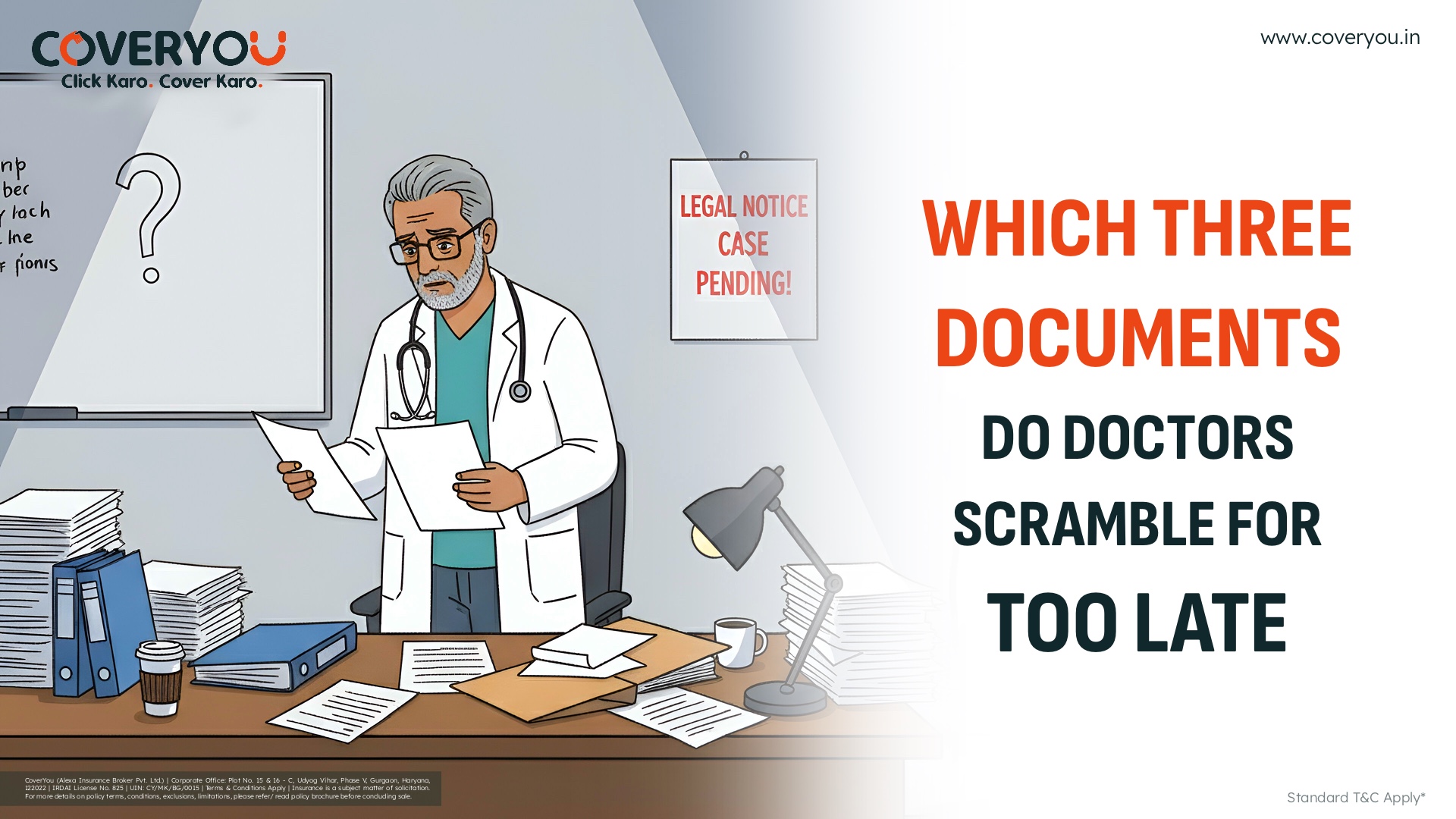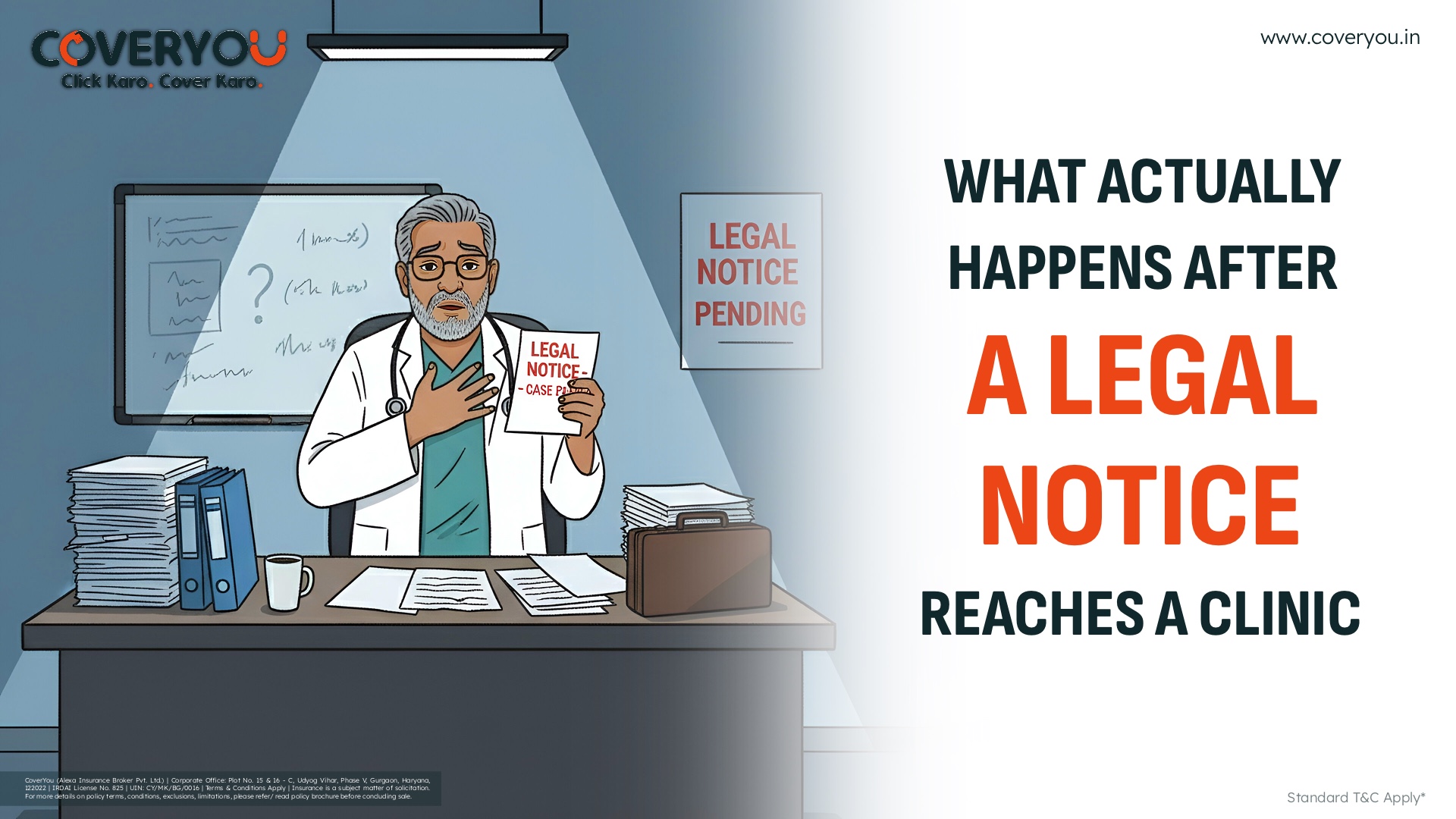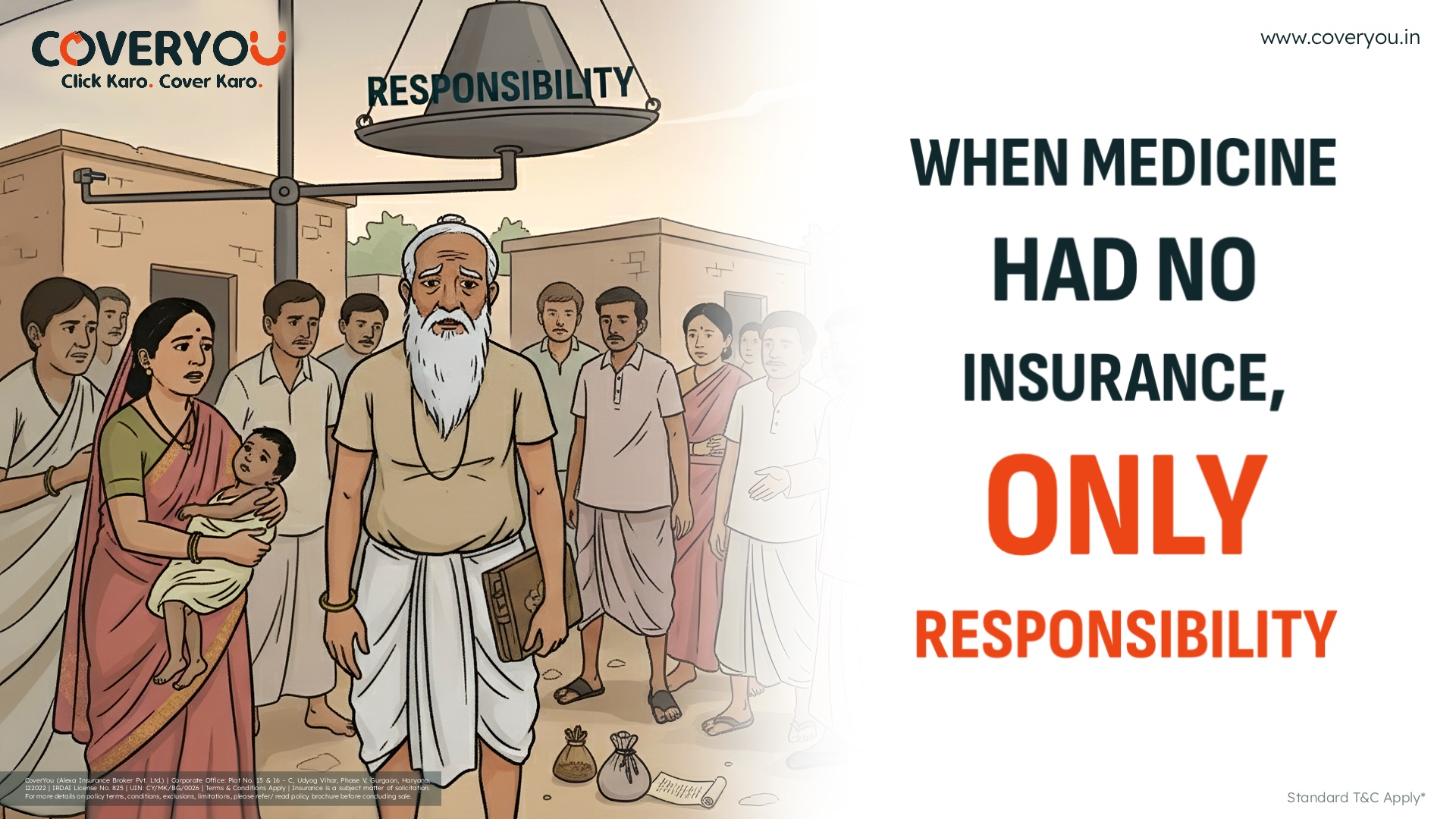Introduction
Orthopedic surgery is a high-risk treatment that is always associated with mortality and morbidity. This specialization requires a lot of precision and practice from experts because it’s more prone to complications. Any negligence can lead to loss of function, and a survey shows more than 70% of doctors are sued in such cases, Malpractice rates have increased significantly post covid and this also points to the fact that insurance is essential for orthopedic surgeons.
Orthopedic surgeons have to be very precise with their treatment, if not taken care of on time, it will lead to legal claims, liability claims, or damage to their reputation. Right insurance coverage helps the orthopedic surgeons to work properly and to have peace of mind. This also helps in bearing the legal expenses that can occur due to legal lawsuits and legal representation.
Table of contents
- Who is an Orthopedic Surgeon?
- Orthopedic Liability Insurance
- Common Occurrences of Orthopedic Medical Malpractice Insurance
- What does the policy not cover?
- Risks faced by an orthopedic surgeon
- Frequently Asked Questions
Who is an Orthopedic Surgeon?
An Orthopedic surgeon is a doctor who specializes in treating bone-related ailments and performing surgery for the same. It includes treatments for bone, muscle, ligaments, and tendons, these parts of our body can get affected by many ailments, injuries, and accidents.
Orthopedic surgeons treat musculoskeletal conditions. Orthopedic surgeons use both surgical and nonsurgical means to treat musculoskeletal trauma, sports injuries, degenerative diseases, infections, tumors and congenital disorders, and perform total joint replacement surgery, knee replacement surgery, shoulder surgery and dental surgeries; it also includes sports medicine.
Orthopedic Liability Insurance
Orthopedic liability insurance is developed to provide coverage for you in the event that a claim is filed against the surgeon for the misdiagnosis or mistreatment of their medical practice. Insurance cover is based on the AOA ( Any one Accident ) and AOY( Any one year) limit of the premium policy.
Patients are customers, and when malpractice or negligence affects customer satisfaction and the dissatisfied patients may sue in a court of law, if a doctor is found guilty, a huge indemnity is charged to practitioners.
Common Occurrences of Orthopedic Medical Malpractice Insurance
The complications associated with Orthopedic diagnoses can be found in the following areas:
- Patients contribute to their own injuries; they do not cooperate with the treatment plan of the doctor.
- Patients do not follow their medication properly.
- Physicians also fail to serve their duty due to multiple factors: wrong site surgery, just plain poor technical performance.
- Incorrect reference by physicians’ patients to a specialist.
- Lack of doctor-patient relationship
- The responsibility of the doctors is in some way breached.
- The orthopedist’s delinquency may cause injury to the patient.
- Failure to diagnose in a timely manner.
- It is common for orthopedic physicians to recommend vague or erroneous tests to diagnose the problem.
To diagnose patients, physicians often try to narrow down the list of possible issues by recommending various examinations and radiology images to help determine the best medical treatment. There are times when patients want a quick treatment and expect their doctor to cure them as soon as possible. This can also lead to a decline in treatment quality as expenses increase and patients become dissatisfied.
What does the policy not cover?
The policy does not cover the following cases:
- Criminal acts,
- Intentional errors in treatment.
- Acts committed under Influence of alcohol/ narcotics
- Weight reduction treatments like liposuction and Bariatric treatment.
- Plastic surgery and modifications
- HIV Aids
- Noncompliance with statutory provisions
- Radioactivity-related problems during radiotherapy.
- Cosmetic plastic surgery, hair transplants, flap rotations etc.
Risks faced by an Orthopedic Surgeon:
Common health hazards are related to radiation, infections, surgical smoke, noise, and chemicals. The highest rate of radiation risk and cancer is observed among orthopedic surgeons.
Cumulative data from surveys conducted throughout the years 1985–2008 indicate that orthopedic surgery ranks fifth among the 28 groups. Orthopedic surgery is in the seventh highest rate when considering the indemnity charged in cases. So it is the surgeon’s responsibility to get insurance to safeguard finance and career from unforeseen circumstances. Orthopedic surgery, diagnosis and tests taken are expensive.
Frequently Asked Questions
Q1. What are the risks of not having insurance for my Orthopedic Surgeon practice?
Ans. Orthopedic surgeons are prone to fall into medicolegal cases and may be forced to pay indemnity to patients. So insurance is essential for them to safeguard their service and assets.
Q2. What types of incidents or accidents could occur that would require insurance coverage for my practice?
Ans. Patients are the customers, and problems with customer satisfaction, misdiagnosis, unintentional errors, negligence, etc. are various situations that require insurance. Patients may raise complaints or file cases against surgeons.
Q3. How does having insurance protect my practice financially?
Ans. Having an Indemnity Insurance policy protects the practice by providing financial support in case of legal complications and also covering court and lawyer fees. The insurance can be claimed to pay indemnity to patients when a charge is made.
Q4. What legal requirements are there for Orthopedic Surgeon practices to have insurance?
Ans. Orthopedic surgeon treat various musculoskeletal conditions and works in a risky environment
- The case should arise of unintentional negligence or error.
- It should not be a crime
- Should be reported as early as possible to the insurance firm.
- Legal details of the claimed case must be collected.
- The act should be in the insurance period based on AOY, and AOA.
Q5. What kind of insurance coverage options are available for Orthopedic Surgeon practices?”
Ans. “Doctors’ Indemnity Insurance,” “Professional Indemnity Insurance,” “Omission and Error insurance,” etc. are various insurance plans. The patient also gets health insurance coverage in orthopedic surgery cases.
The indemnity insurance plan is 10% of the total income of specialist doctors and is calculated based on Any One Year (AOY) or Any One Accident (AOA).
- Breach of confidentiality
- Failure to deliver the correct treatment.
- Delay in treatment or Breach of standard operating procedures.
- Loss of documents

















